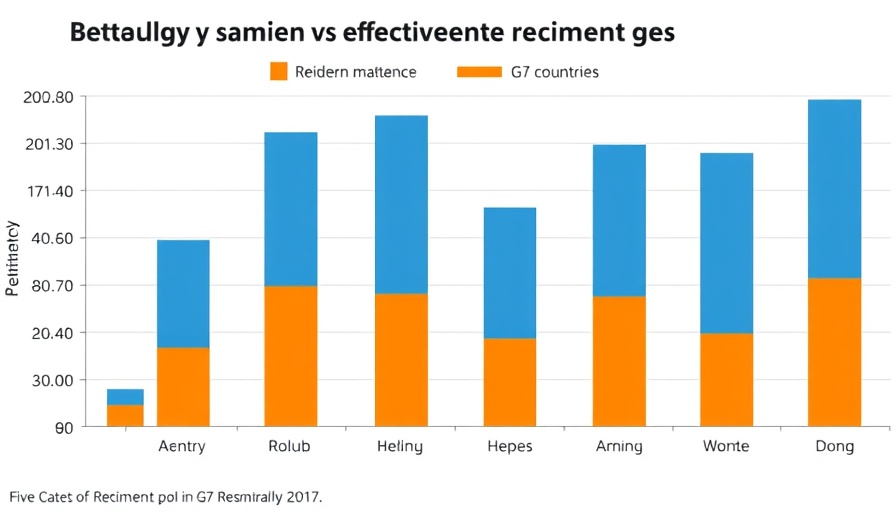
Revolutionizing Talent Management: The Impact of AI
In the rapidly evolving landscape of talent management, organizations are leaning heavily on technology to enhance their recruitment and employee engagement strategies. The recent launch of transformative tools like the AI Interviewer Agent and the Digital Twin from Eightfold promises to reshape how companies approach talent acquisition. These tools aim not only to streamline the hiring process but also to foster a deeper understanding of candidate capabilities by utilizing advanced machine learning techniques. This shift highlights the importance of integrating technology into human resources to create a more efficient hiring experience that supports a people-first culture.
Embracing Cultural Transformation for Growth
As illustrated by Kyndryl’s transition from IBM, under CHRO Maryjo Charbonnier's leadership, the successful cultural transformation of an organization is paramount. Kyndryl has emerged as a people-centric tech powerhouse by prioritizing employee experience and engagement. This transition reflects a growing trend among chief leaders who understand that cultural alignment can significantly boost productivity and employee morale. By promoting a culture that values feedback and collaboration, organizations can attract top talents and retain them in the long run.
Hiring for the Future: Understanding Generational Needs
The upcoming class of 2025 presents unique challenges and opportunities for employers. A recent survey from Robert Half suggests that to successfully attract and retain this new generation, companies must understand their values and expectations. Flexibility, inclusivity, and purpose-driven work are key factors influencing their career choices. Companies should adapt their recruitment strategies to highlight these aspects, thereby ensuring alignment with the aspirations of younger workers. This approach can enhance employee retention strategies and create a more engaged workforce.
Reducing Bias in Hiring: A Must for Modern Organizations
In an era where diversity and inclusion are at the forefront, organizations need to confront biases in recruitment processes. Research from Textio reveals that many interviewers unconsciously favor 'nice' candidates over those meeting objective criteria. This outdated practice can hinder organizational growth. By implementing structured interviews and focusing on skills rather than personalities, companies can cultivate a more diverse and high-performing talent pool, which in turn can significantly enhance workplace culture and productivity.
The Importance of a Learning Culture in Talent Management
A dynamic and evolving culture of learning is essential for organizational growth. Companies should view learning as an investment rather than a cost to adapt to rapid market changes. Empowering employees through ongoing learning opportunities paves the way for improved performance and innovation. This approach not only helps in retaining talent but also equips organizations with capabilities needed to thrive in competitive environments. Strong leadership in promoting learning initiatives can also transform company culture into one that values professional development.
Conclusion: Why Empowered Teams Drive Organizational Success
Understanding and implementing these strategies in talent management is not simply beneficial, it is necessary for achieving long-term organizational success. Whether you are a CHRO, Chief People Officer, or an operational leader, fostering an empowered workforce should be your priority. By leveraging AI tools, promoting a culture of learning, and ensuring diverse recruitment practices, your organization can create an environment where employees thrive. Consider taking proactive steps to adapt these principles within your teams today for a brighter future.
 Add Row
Add Row  Add
Add 




Write A Comment